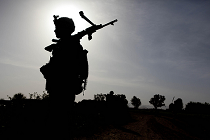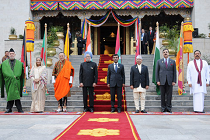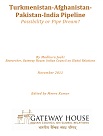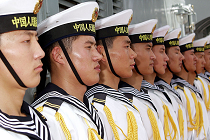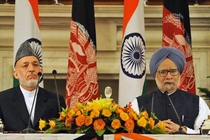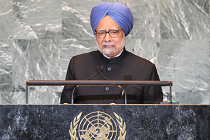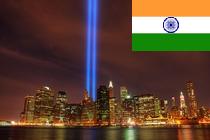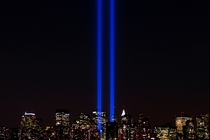26/11 Revisited from Lahore
Amidst the ongoing blame game between India and Pakistan, Masood Hasan, a Lahore-based columnist, explores the complex range of Pakistani reactions to 26/11 – from denial to defensiveness to even apathy, and the ramifications of this tenebrous environment.


